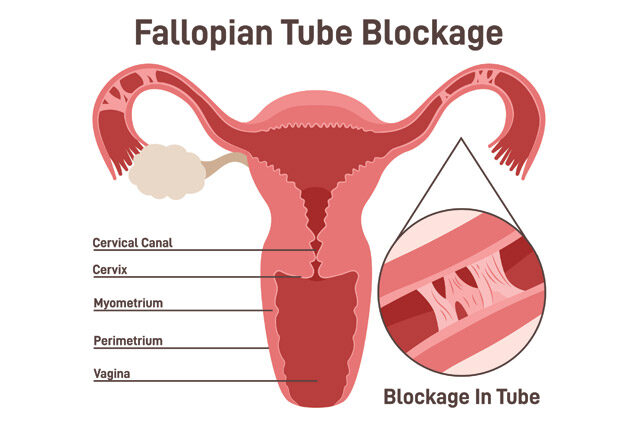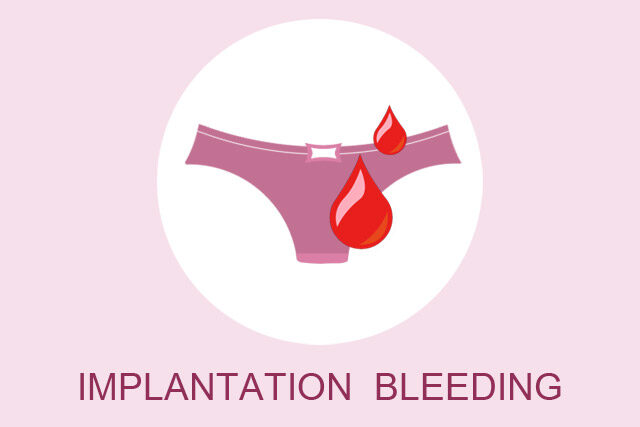There is a long-circulated belief that you are not fertile and, therefore, cannot get pregnant on your period. Many couples use a contraceptive method called the calendar method when you evaluate your fertility window based on your menstrual bleeding. Nevertheless, you can always get pregnant if you have had unprotected sex, and the reasons for that are purely anatomical.
The conception mechanism
Conception is the formation of an embryo. A new life is beginning to grow in the body, thus, starting the pregnancy. A zygote, the first stage of embryo development, is created from an egg and a male sperm. It then moves to the uterus, starts to divide, and the pregnancy takes its course.
When the phase of ovulation occurs, and an ovary releases an egg, it lives for 12 to 24 hours. However, a male sperm survives for about three days, and if the sperm is available during ovulation time, having a baby becomes a possibility.
Menstrual cycle stage by stage
The average menstrual cycle is roughly a month: 28 days with a margin of a day or two. The count starts with the period beginning and the time of ovulation is usually after 14 days. Every person can period and ovulate in their own time. A shorter cycle of three weeks means that it will only take one week for you to ovulate, and, with a longer cycle lasting up to 35 days, the ovulation may happen on day 21.
If the egg has not become a zygote, it will die and dissolve. Therefore, neither human chorionic gonadotropin (hCG) production nor fertilized egg implantation will happen. The next cycle stage, the luteal phase, will start. The levels of sexual hormones will gradually drop, causing an onset of your next period within the upcoming two weeks. It can manifest with the symptoms of the so-called PMS (premenstrual syndrome), which include:
- headache
- weight changes
- dermatologic problems like acne
- unstable mood
- food cravings
- breast pain, swelling, or tenderness
Then, the uterine lining meant for egg implantation will begin to shed, which marks the start of the new period.
Pregnancy during the menses is possible if your ovulation happens at that time. If you are trying for a child, you can keep a calendar to mark when the period starts, count the total of your menstrual cycle days, and roughly estimate when the ovulation occurred. Note that some irregularities are very common and may depend on various external and internal factors so every stage can start or end a day or two earlier or later.
How does the pregnancy from period sex happens?
As women possess individual menstrual cycles, the different stages vary and even overlap. You may still bleed but have your fertility window when your womb is as fertile as possible. And given that the sperm can live for up to 3 days, the later the couple is practicing period sex, the easier it is to conceive.
The chances of conceiving when having intercourse during the first 48 hours after the start of the mensesare pretty low but non-zero. They keep increasing with successive days of your period. At two weeks after the start of the bleeding, the chance of having a baby is about ninety percent.
Period and birth control correlation
When you try to avoid unintended conception, please remember that adapting the sexual activity to your female cycle does not necessarily help in preventing pregnancy. Keep using contraception for sex during the period, such as birth control pills or barrier contraceptives like condoms. You can also combine those for better protection.
If you do not yet know which method to pick, discuss it with your healthcare professional, who will guide you through your options. With their help, you can select birth control that will work best for you.
When actively trying for a child, period sex will not improve your chances of getting pregnant. In this case, it is recommended that you and your partner consult a doctor to effectively track your ovulations and provide a higher chance of success.




